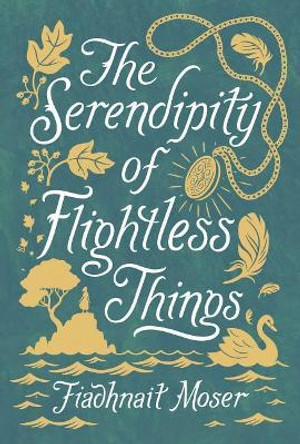Description
This book opens in eleventh-century China, where scholars were the first in world history to systematically illustrate and document ancient artifacts. As Jeffrey Moser argues, the visual, technical, and conceptual mechanisms they developed to record these objects laid the foundations for methods of visualizing knowledge that scholars throughout early modern East Asia would use to make sense of the world around them.
Of the artifacts these scholars studied, the most celebrated were bronze ritual vessels that had been cast nearly two thousand years earlier. While working to make sense of the relationship between the bronzes' complex shapes and their inscribed glyphs, they came to realize that the objects were "nominal things"-objects inscribed with names that identified their own categories and uses. Eleventh-century scholars knew the meaning of these glyphs from hallowed Confucian writings that had been passed down through centuries, but they found shocking disconnects between the names and the bronzes on which they were inscribed. Nominal Things traces the process by which a distinctive system of empiricism was nurtured by discrepancies between the complex materiality of the bronzes and their inscriptions. By revealing the connections between the new empiricism and older ways of knowing, the book explains how scholars refashioned the words of the Confucian classics into material reality.
About the Author
Jeffrey Moser is assistant professor of history of art and architecture at Brown University.
Reviews
"Nominal Things is a groundbreaking philosophical study of medieval Chinese ritual vessels. It makes clear why such objects were of central cultural importance at the time and why their history should be anything but marginalized in contemporary literary and visual theory. Questioning the value of Western art historical concepts such as representation, Moser devises a new theoretical framework that follows the medieval Confucian discourse on illustrated lexicographic texts and the interpretation of classical bronzes." -- Francois Louis, Bard Graduate Center
"This is an elegantly argued, well-written, and quite brilliant book. Moser marshals the full panoply of advanced critical methods in the contemporary humanities while engaging with a significant phenomenon in Chinese history: the revival of interest in antiquity during the Song period. Nominal Things is unquestionably a remarkable achievement." -- Lothar von Falkenhausen, University of California, Los Angeles
Book Information
ISBN 9780226822464
Author Jeffrey Moser
Format Hardback
Page Count 336
Imprint University of Chicago Press
Publisher The University of Chicago Press
Dimensions(mm) 254mm * 178mm * 28mm





